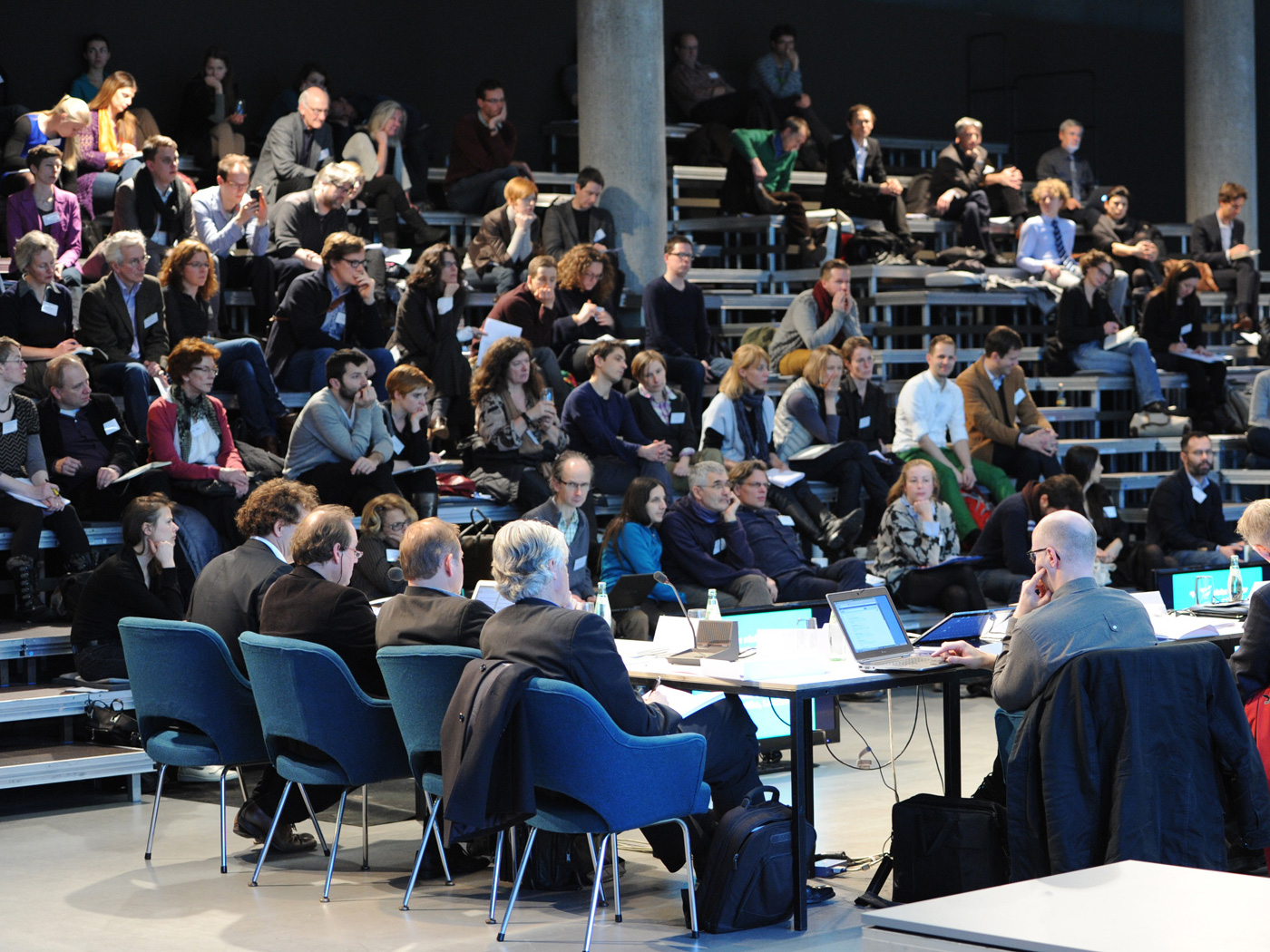K. Yusoff, 2019, University of Minnesota Press.
Page to purchase e-pub.
Kathryn Yusoff examines how the grammar of geology is foundational to establishing the extractive economies of subjective life and the earth under colonialism and slavery. She initiates a transdisciplinary conversation between black feminist theory, geography, and the earth sciences, addressing Continue reading










You must be logged in to post a comment.